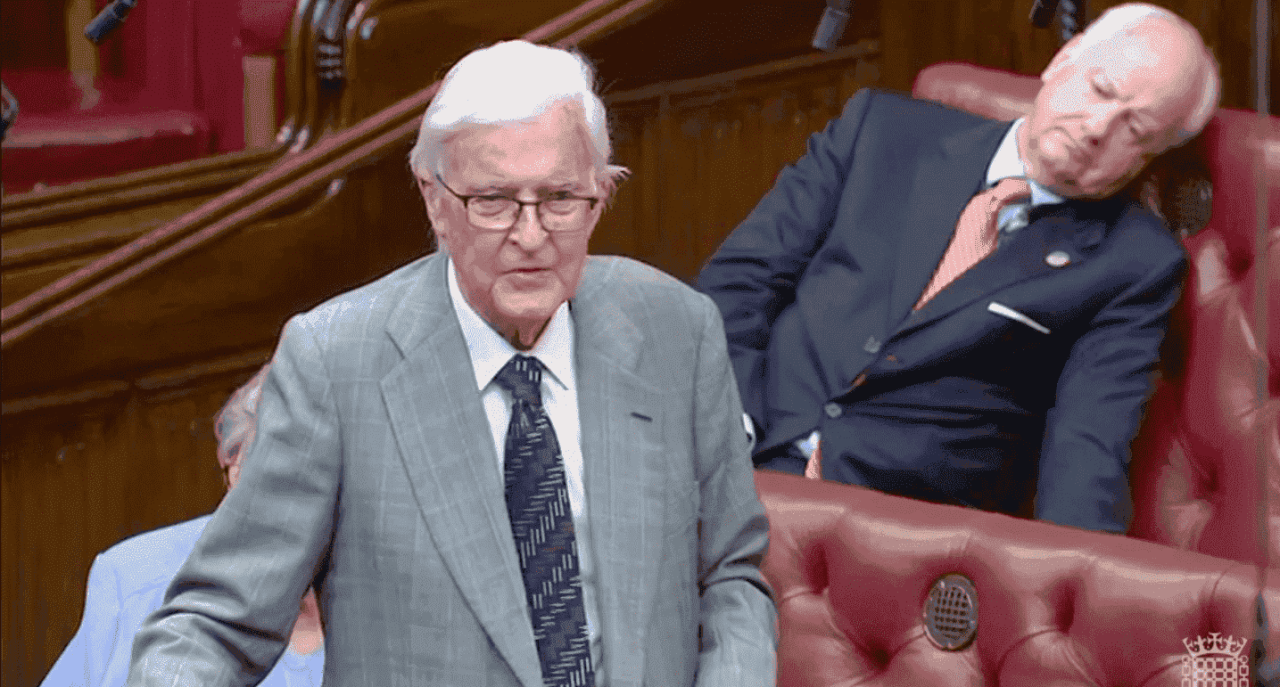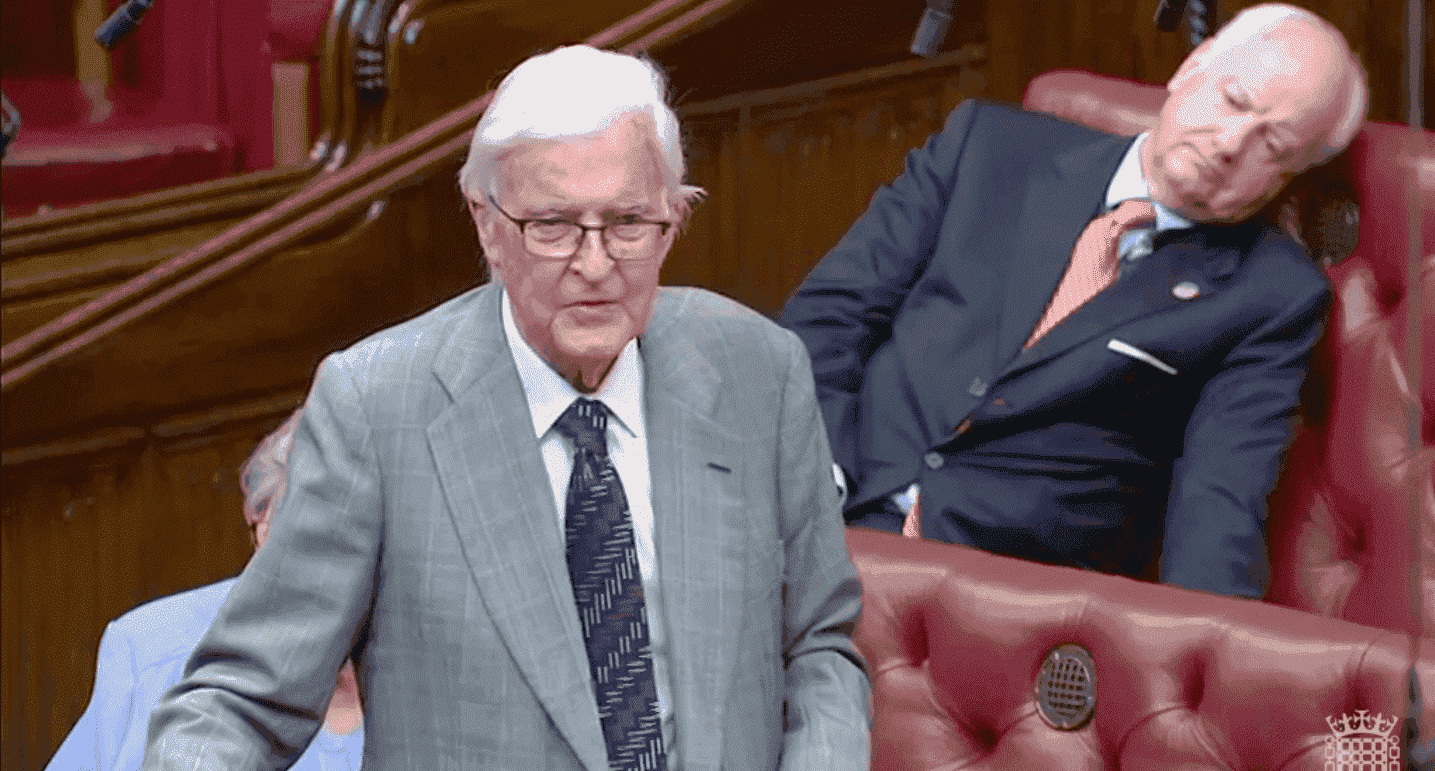There’s a row afoot in the House of Lords. That’s a bit of a dog-bites-man line these days, with government defeats in the Upper Chamber being so common that they’re totally unremarkable. But this latest spot of bother doesn’t come from Labour or the Lib Dems or even those difficult-to-read crossbenchers. No: the new rebels are a bunch of Tory ex-ministers who want to delete a large chunk of their party’s own bill.
At this stage, the trio are merely politely asking ministers to delete the first 18 clauses of the bill.
The Schools Bill is currently in the Committee Stage – where peers go through line-by-line scrutiny of the legislation – in the Lords. At yesterday’s sitting, former Education Secretary Lord Baker announced that he and two other former education ministers, Lord Nash and Lord Agnew, want to delete the first 18 clauses of the 69-clause bill. They are angry that the bill will give huge new powers to the Education Secretary over academies.
Baker explained the reasons for gutting the legislation in this way: ‘We consider that this is a constitutional bill and an enormous grab for power by Whitehall. It is quite amazing. Some people in the Department for Education have wanted this for years but have now given in to their worst voices. We think that the powers that they have are totally unacceptable in dealing with the problems.’ He added that there had been no consultation on what was ‘an abomination’. ‘This is a serious bill, which gives Secretaries of State powers that they have never had, that I never had and that the present Secretary of State does not have, to intervene in running schools around the country. That is unacceptable and I am amazed that a Conservative government have done it.’
Nash, who was a schools minister responsible for academies and free schools for five years under David Cameron and then Theresa May, added his own complaint that the government had failed to explain why these new powers for the Education Secretary were actually necessary. ‘I believe that the DfE already has sufficient and substantial intervention powers and that these clauses are therefore unnecessary.’ Agnew was appointed as his successor, and told the Chamber that the bill ‘has landed like a lump of kryptonite among all of us who are trying to educate children in the system’.
At this stage, the trio are merely politely asking ministers to delete the first 18 clauses of the bill. But they are very clear that they will go further and press it to a vote if that doesn’t happen (which seems unlikely). Labour and Lib Dems have already indicated they will support that move (naturally), and so the government would have another defeat on its hands. This bill starts in the Lords and will then move to the Commons, where Boris Johnson cannot count on the support of his backbenchers at the moment. He will not want to lose more power as a result of a failed power grab.








Comments